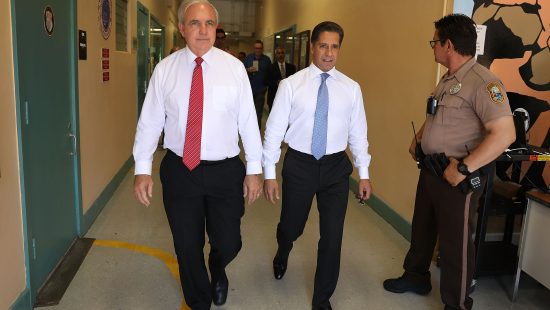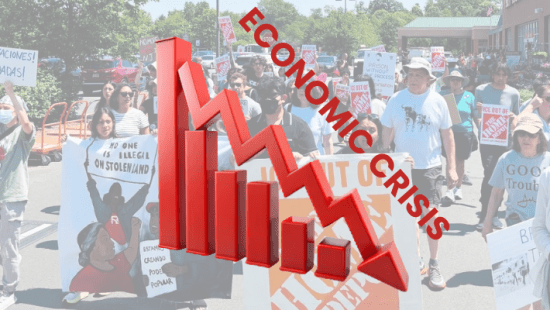Learning from the Example of Del Monte Foods
The food industry, while generally stable, is not immune to economic challenges. A company’s financial situation in one country can have ripple effects across its international operations.
Recently, Del Monte Foods announced it had voluntarily filed for financial restructuring under Chapter 11 of the U.S. Bankruptcy Code. This move raised questions about the future of the iconic food brand.
To reorganize its finances, strengthen its market position, and prepare for a possible sale, Del Monte chose Chapter 11. The goal: maximize the value of its assets and ensure operations continue without disruption.
To keep business running, Del Monte secured $912.5 million in financing, including $165 million in new funds. These resources allow the company to operate as usual while the court-supervised sale moves forward.
CEO Greg Longstreet explained:
“After analyzing all alternatives, we concluded that a court-regulated sale is the best way to accelerate our recovery.”
Del Monte is not a privately owned company but managed by a group of shareholders and a board of directors. Its U.S. operations are subsidiaries of Del Monte Pacific Limited, based in Singapore, meaning its international branches are not directly impacted.
This case shows how even large, established corporations can use bankruptcy strategically—not as an end, but as a path to stability and recovery.
What Bankruptcy Really Means for Businesses
Many small and medium-sized businesses (SMBs) see bankruptcy as failure. In reality, bankruptcy is a legal tool that can help a business:
- Pause creditor actions to restructure debt
- Protect jobs and keep operations running
- Attract new financing while reorganizing
- Negotiate better terms with lenders and suppliers
There are different types of bankruptcy in the U.S.:
- Chapter 7: Liquidation, when continuing the business is no longer viable.
- Chapter 11: Reorganization, typically for larger businesses aiming to restructure.
- Chapter 13: Debt repayment plan, more common for individuals and sole proprietors.
When Should a Business Consider Bankruptcy?
According to experts and data from the American Bankruptcy Institute:
- Overwhelming Debt – If debt repayments exceed income for multiple quarters and negotiations with creditors fail.
- Cash Flow Crisis – When payroll, rent, or critical supplier payments can’t be met.
- Creditor Pressure – If lawsuits, liens, or repossessions threaten daily operations.
- Exhausted Alternatives – After exploring refinancing, restructuring debt, or bringing in investors without success.
- Preservation of Value – When bankruptcy can protect brand equity, jobs, and assets, instead of losing them piecemeal.
A 2023 study from the Small Business Administration (SBA) found that over 20,000 small businesses file for bankruptcy annually in the U.S., with about 70% using Chapter 11 to restructure and attempt survival rather than shut down immediately.
Expert Advice
- Barbara Weltman (Small Business Finance Expert):
“Bankruptcy isn’t the end of the road—it’s often the bridge to the next chapter for a business that still has potential.” - Mark Zandi, Chief Economist at Moody’s:
“Businesses that restructure early, before running out of liquidity, have a much higher survival rate than those that wait until it’s too late.” - Practical Tip: If you’re missing payroll or tax obligations more than once in a quarter, that’s a strong signal to seek legal and financial advice immediately.
Final Word: Always Seek Professional Guidance
While the Del Monte case shows that bankruptcy can be strategic, the decision is highly complex. Every business’s circumstances are different.
👉 Consulting with a bankruptcy attorney and a financial advisor is essential. They can explain options, risks, and alternatives before making a final decision.
Bankruptcy should never be rushed, but it should also not be delayed until the business collapses. With timely action, it can be a lifeline—not a dead end.








